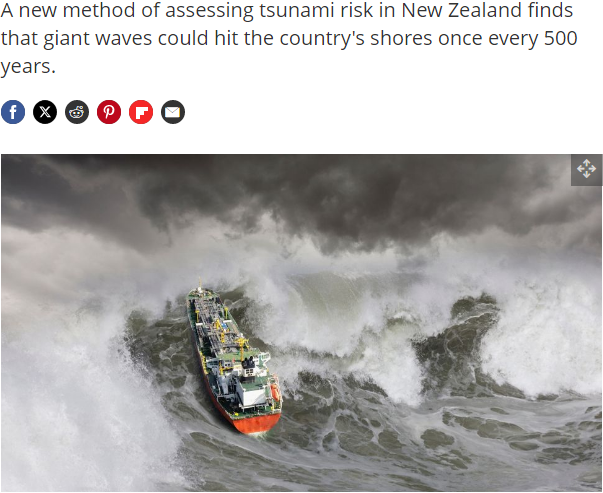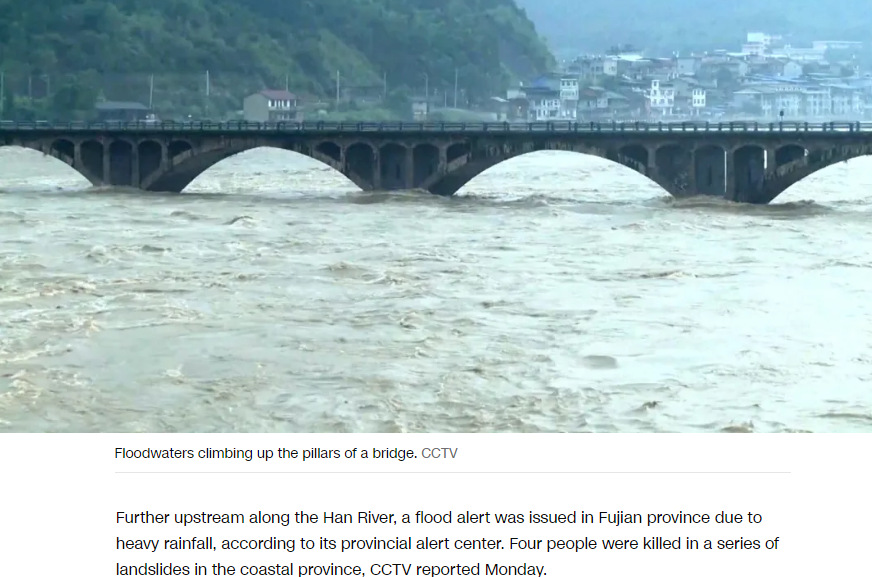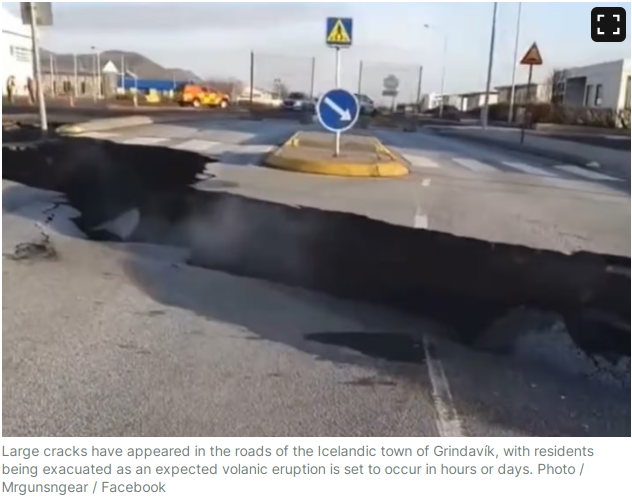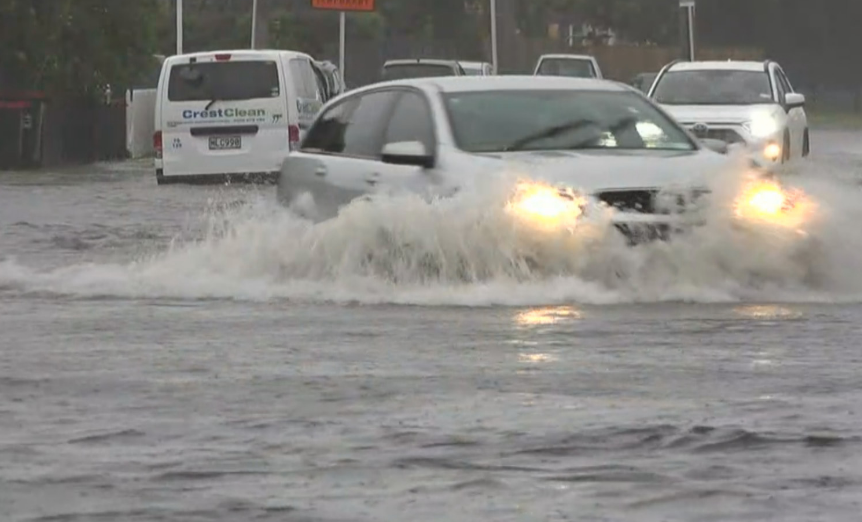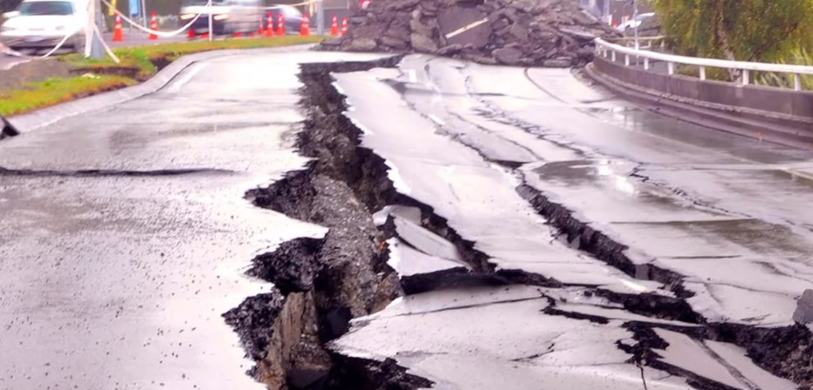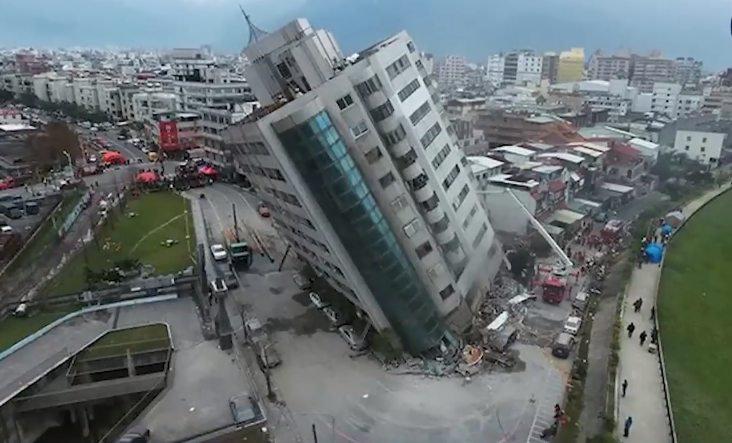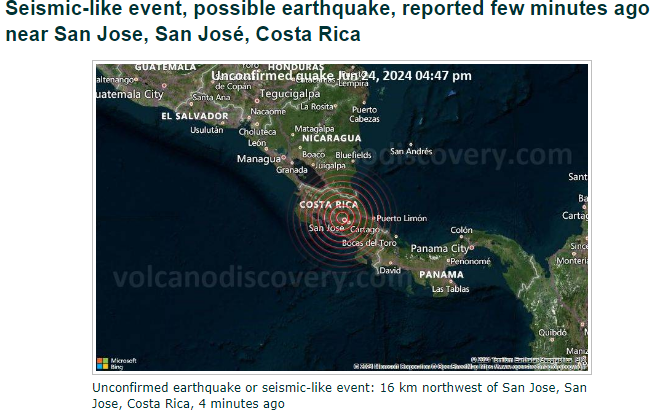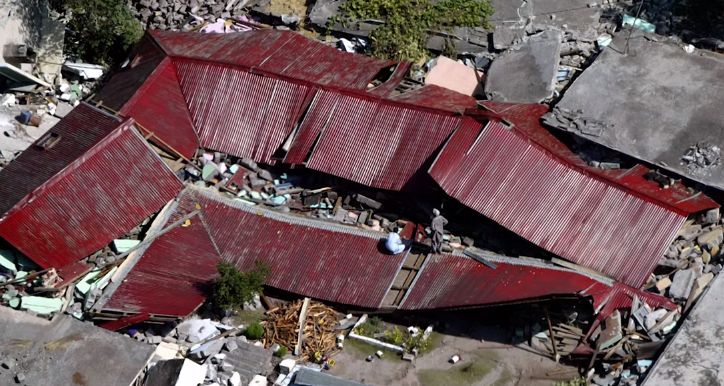| Key Information | Details |
|---|---|
| Average quakes per year | 2.2 |
| Larger quakes every | 50-55 years |
| Last quake magnitude | 3.0 |
| Last quake date | Sep 11, 2023 |

Introduction
Kingston, New York, is no stranger to earthquakes, with an average of 2.2 quakes per year. However, larger quakes with magnitudes above 3 are infrequent, occurring approximately every 50 to 55 years. This article provides an in-depth look at earthquakes in Kingston, New York, including recent seismic activity, historical earthquakes, and the tectonic setting of the region.
Recent Seismic Activity
Since 2021, Kingston has experienced 0 quakes of magnitude 3.0 or above, 1 quake of magnitude 2, and 3 quakes below magnitude 2.0. The most recent earthquake occurred 30 weeks ago, with a magnitude of 3.0, hitting 6.2 km (3.8 mi) away from Peekskill, New York, United States.
Historical Earthquakes
Kingston has a history of significant earthquakes, with the most notable being the 1907 Kingston earthquake. This earthquake, with a magnitude of 6.2 on the moment magnitude scale, shook the capital of the island of Jamaica and caused approximately $30 million in material damage. The earthquake and subsequent fires resulted in the death of about 1,000 people.
Tectonic Setting
Jamaica, where Kingston is located, lies within a complex zone of faulting that forms the boundary between the Gonâve Microplate and the Caribbean Plate. The main faults in the region are the Enriquillo–Plantain Garden fault zone to the east and the Walton fault zone to the west, both major sinistral (left lateral) strike-slip faults. The transfer of plate boundary displacement between these major fault zones takes place on a series of NW-SE trending faults, such as the Wagwater Belt.
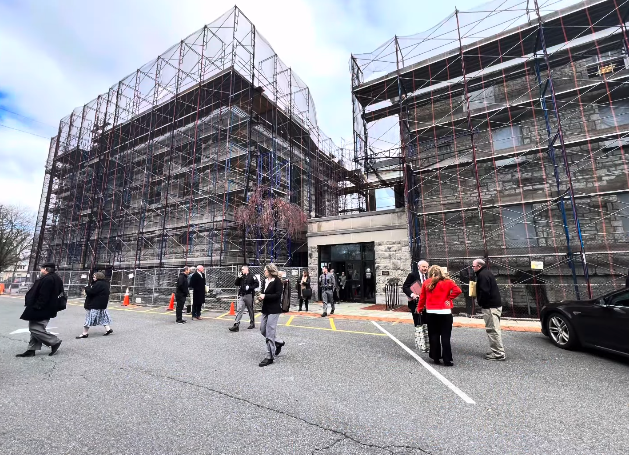
Conclusion
Earthquakes in Kingston, New York, are a common occurrence, with smaller quakes happening more frequently and larger quakes occurring less frequently. Understanding the seismic activity and tectonic setting of the region is crucial for preparedness and response efforts. By staying informed about recent and historical earthquakes, residents and visitors can take the necessary precautions to stay safe during seismic events.

